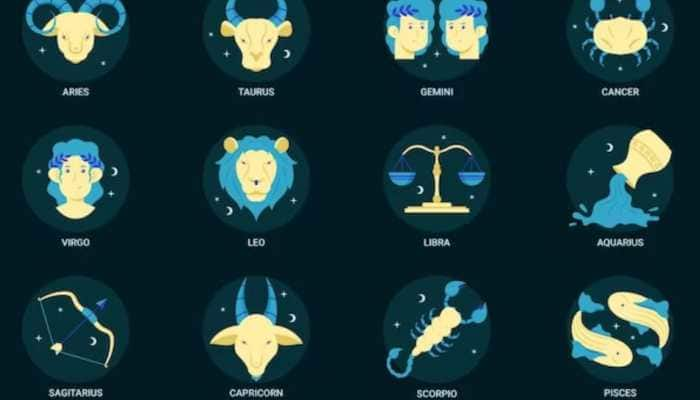Hypertension And Stroke Are Silent Killers- Doctor Shares Why You Should Be Worried
High blood pressure, often called the "silent killer," affects millions without symptoms. Know how timely prevention and simple lifestyle changes can help manage this serious health condition.
- Hypertension and stroke are silent killers; understanding the risks is crucial
- Doctor emphasizes the importance of regular blood pressure monitoring
- Lifestyle changes and early detection can help prevent complications
Trending Photos
) Hypertension is a prevalent yet often silent condition with severe implications for cardiovascular health (Pic courtesy: Freepik)
Hypertension is a prevalent yet often silent condition with severe implications for cardiovascular health (Pic courtesy: Freepik) High Blood pressure can lead to many serious health issues and if left untreated and unchecked, high BP can - over some time - lead to stroke, heart attack, kidney failure, among other complications, even causing death. Hypertension or high blood pressure is a heart health condition that one-third of Indians carry and for most people with no signs or symptoms. It is a major risk factor for several severe health conditions such as coronary artery disease, stroke, kidney disease, etc.
Dr Ashok Hande, HOD &Director-Neuro Surgery, Fortis Hiranandani Hospital, Vashi shares why timely prevention is the only rescue and solution and also shares lifestyle changes you can include in your daily life.
Why Is High Blood Pressure Termed A ‘Silent Killer’?
These encounters are becoming commonplace among clinical practitioners, where patients often showcase varied symptoms without realizing the underlying presence of high blood pressure. The World Health Organization (WHO) recently reported that almost half of the world’s population with Hypertension isn’t aware they have the condition and have no idea they are living with a ‘silent killer’. Mostly, people cannot feel high blood pressure and are relatively asymptomatic, that is, it usually doesn’t cause many symptoms. This is why it is often called the ‘silent killer’.
A newborn’s blood pressure is 60/40 mmHg and as one age, this figure keeps rising. At 60 years or beyond, the average blood pressure is 140/90. For the past couple of decades, there has been a consensus that having a blood pressure of more than 140/90 qualifies as Hypertension and requires treatment. Also, Hypertension can affect anyone and age is no bar. A cross-sectional study done in India showed an alarming prevalence of high BP in Indian youth: 35 percent of 10 to 12-year-olds’ and 25 percent of 13 to 19-year-olds' had high blood pressure (BP).
This study also showed that youth with high BP were more likely to be associated with Obesity, high blood glucose levels, lipid abnormalities, and deranged lifestyle. Unfortunately, a large number of youngsters with high blood pressure go undiagnosed, as it is least suspected.
When To Seek Treatment?
About 22 percent of undiagnosed or untreated people can present with a brain hemorrhage. Hypertension (High blood pressure) is the most common cause of brain hemorrhage or brain stroke after injury. One high reading does not make you hypertensive. But if multiple recordings show the blood pressure exceeds 140/90, you most likely need treatment. There is no cure for high blood pressure. However, treatment can lower blood pressure, which is too high. If it is mild, high blood pressure may sometimes be brought under control by making lifestyle changes.
Lifestyle Changes To Include To Manage Hypertension
- Follow a healthy diet, with less intake of salt and fat
- Regular exercise
- Maintain a healthy weight
- Get seven to eight hours of sleep daily
- Avoid or limit alcohol
- Quit smoking
- Drink less caffeine, which is found in coffee, tea, and soft drinks
Hypertension is a prevalent yet often silent condition with severe implications for cardiovascular health. By raising awareness of the importance of blood pressure management and advocating for lifestyle modifications, healthcare professionals can empower patients to take control of their health and reduce their risk of Hypertension-related complications. Through education, support, and collaborative efforts, we can work towards a healthier future free from high blood pressure.
Live Tv







)
)
)
)
)
)
)
)
)
)
